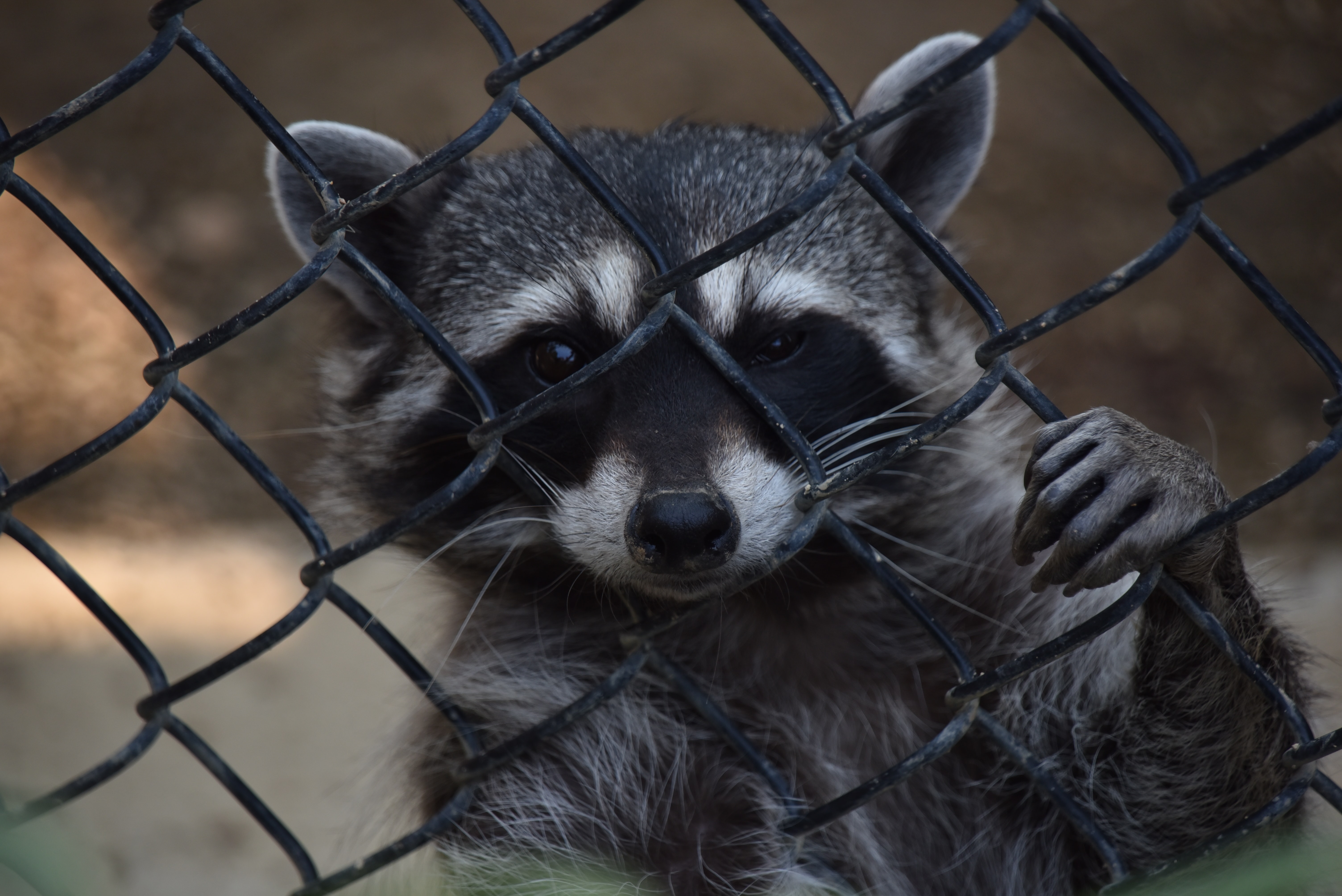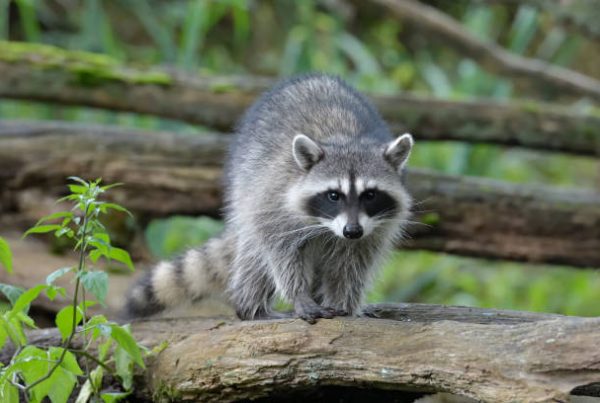
Raccoons are cute animals for those who haven’t had them close to their property, but those who have dealt with them know that they can also be a tremendous pain. These furry critters are considered to be excellent scavengers, and as a result, they have flourished in cities, locating new food supplies and nesting sites in an environment that is considerably different from their original home. Understanding what can terrify raccoons can help you deal with them as a property owner, while there are lots of things that can have the reverse impact on raccoons as well.

Predators Of Raccoons
One of the most important natural survival instincts for any animal is to know when to flee, and one of the main fears that many raccoons will have is a fear of their natural predators, which will be especially strong in raccoons living in rural areas where predators are more likely to be encountered. Because raccoons are huge creatures, their predators are often large as well, with animals like coyotes and bobcats frequently perceiving a raccoon as prey. The Greater Horned Owl may also hunt on raccoons, although because of their size, they are more likely to kill young animals than fully mature adults.
Large predators are enough to frighten off almost everything. Raccoon populations can be terrified by the noises of a ferocious dog. Since their natural predators were hunted by humans, their numbers have progressively increased. Raccoons spend time on the beach eating shellfish, which has a negative impact on the intertidal ecology. Dogs barking were projected into speakers on the island. Raccoons were driven away by the sounds of dogs barking, allowing the environment to recover.
Dog As a Deterrent for Raccoons
For early raccoon elimination, dogs barking is a useful short-term method. However, the noise will ultimately grow less scary. Raccoons will adjust to their new environment and seek other food sources. Raccoons are smart, and they’ll figure out that the bark isn’t actually biting them. It is preferable to introduce natural predators such as cougars, wolves, or bears to manage raccoons. This is something to think about if you have a major raccoon problem, but it’s not practical for everyday pests in your yard or house.

Can Raccoons Fend off Dogs?
Raccoons will never leave their hiding spots and territories unless they are actively looking for dogs to fight. Raccoons, as ferocious as they are, are not foolish enough to leave the relative safety and security of their ‘homes’ simply to pick a fight. No way, they’re far too clever for that.
There are two main reasons why raccoons become hostile. It is first and foremost for self-preservation. When raccoons come into contact with dogs, they will try to flee as far as they can. Again, we’re not ruling out the idea that the raccoon and the dog would fight right then and there. A raccoon will take advantage of every opportunity to flee, especially if it is confronted by a particularly large dog. When confronted with a dog that is smaller or similar in size, the coon may be able to hold its footing. After all, it truly feels it has a far greater chance of defeating this four-legged creature.
If a raccoon is cornered, it will usually engage in combat with a dog. A coon, for example, may enter your enclosed yard and be seen by your dog. Dogs’ natural instinct is to hunt down the coon and chase it away. Keep in mind that dogs are territorial as well. They will strive to protect their area as much as possible if another animal, like as a coon, joins it.
Other Raccoon Deterrents
Products that promise to repel all types of wildlife, including raccoons, are one of the items you’ll find prominently displayed on the shelves of many hardware stores and garden centres. There are a variety of treatments available, but there are no truly efficient repellents that can get the raccoon away for you, and in the great majority of cases, chemicals with a strong odour, such as ammonia or mothballs, are the only options. There is evidence to show that predator urine can serve as a repellant in the event of a female with young in a tight location such as an attic, but in most circumstances, you will need to explore other ways to get rid of your problem raccoon.










